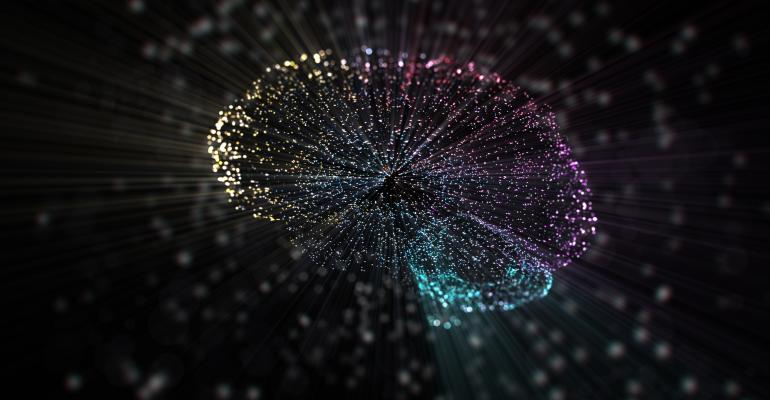The Incentive Research Foundation has released a new study by Allan Schweyer, its chief academic researcher. The Impact and Potential of Artificial Intelligence in Incentives, Rewards, and Recognition explores how current tools can be used in incentive-program design and how future technology will be used to predict employee preferences. Building on the previous study, Predictive Analytics and Artificial Intelligence in People Management, which analyzed how human resource departments are using AI to design work environments to motivate employees, the new study focuses on employee retention and ways in which incentives should be shaped and benefits structured for individual rewards.
The study discusses ways in which AI is currently being used in the leisure and hospitality industry. For example, Carnival Cruise Line provides guests with an Ocean Medallion, which is both a room key and charge card but also transmits tracking data on the guest’s preferred activities and dining choices. This data can be used to personalize the guest’s experience and tailor future outreach efforts to them. A warning, though: Collecting data on employees for future incentives requires transparency and the ability for an employee to opt out of the process.
One of the conclusions outlined in the paper indicates that using AI algorithms to analyze data but leaving the decision to a human looking at the data is likely to be a more successful strategy than allowing an algorithm to make reward or employment choices without human input.
Another conclusion comes from a study carried out by Deloitte Consulting on the use of AI in human resources. It indicated that it takes, on average, three to five years to build a culture where decisions are based on data, rather than instinct. Since the incentive and rewards industry lags behind other fields when it comes to determining and reporting on return on investment, many incentive program designers are still at the earliest stages of this process.
The research paper quotes the MELDS method for creating this culture that is found in the 2018 book, Human + Machine: Reimagining Work in the Age of AI by Paul Daugherty and James Wilson. MELD stands for:
Adopt a Mindset of reinvention by defining problems to solve using AI
Test ideas through Experimentation
Leaders must emphasize that machines and humans work in concert, not at odds
Appreciate Data as the fuel that drives AI and algorithms
While corporations can adapt data collection and analysis mechanisms from other departments, or purchase third-party platforms specifically for rewards, one suggestion from the research is to find an employee who is an “analytical champion.” They are not necessarily data scientists, but employees who know the industry and have the mindset to look for metrics and ways to collect data to measure them.
By adopting a culture that can accurately measure successes and build on them, rewards and recognition can become more personally engaging and meaningful. The research paper can be downloaded here.





